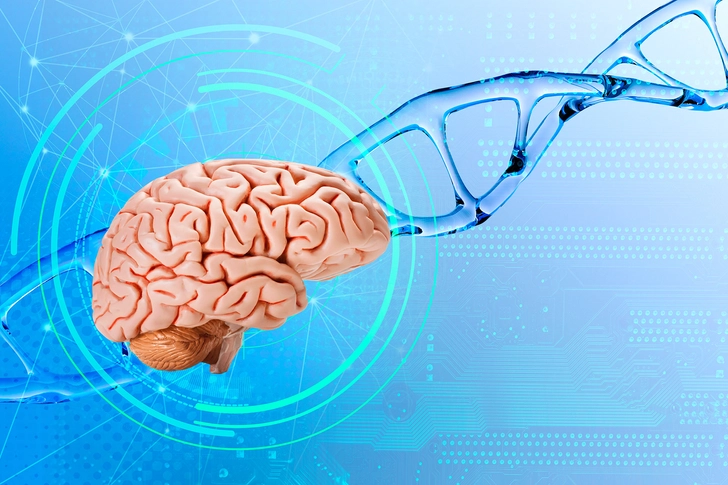- Overview
- Symptoms
- Causes & Risks
- Tests & Diagnosis
- Treatment
- Relapse
- Complications
- Living With
- Caregiving
- Appointment Prep
- View Full Guide
Who Gets Schizophrenia


Who Gets Schizophrenia?
Schizophrenia is a mental illness that affects how you think, feel, and act. It impacts about 1% of people worldwide. Symptoms include hallucinations and delusions. You may also have trouble with memory, motivation, and social situations.

When Do Symptoms Usually Start?
Symptoms tend to start in your late teens, 20s, or early to mid-30s. Men may be more likely to get their first symptoms early than women do. It's rare to start showing symptoms as a child or after the age of 45.

Is It More Common in Men?
Women and men get this brain disorder in about the same numbers. Women often get diagnosed later in life than men. In general, clinical signs of schizophrenia are less severe for women.

Genes and Environment
Your chances of getting schizophrenia may be more than six times higher if one of your parents, siblings, or another close relative has it. Your risk could also go up if you're exposed to certain viruses or to malnutrition before you're born. Some research ties living in an urban are to a higher risk, but the reason for this isn't known.

Stress and Discrimination
Many studies in several countries have observed that the disorder happens more often among people who've immigrated than in to native-born people The exact reasons aren't clear, but it may have to do with the stress of moving to a new country or the discrimination they face after they have arrived.
Photo Credits:
1) New Africa/Shutterstock
2) Vlasov Yevhenii/Shutterstock
3) Rainer Fuhrmann/Shutterstock
4) Kittyfly/Shutterstock
5) Yuri A/Shutterstock
6) Roman Chazov/Shutterstock
National Institute of Mental Health: “Schizophrenia.”
UpToDate: “Schizophrenia in adults: Epidemiology and pathogenesis.”
National Alliance on Mental Illness: “Schizophrenia.”
Medscape: “Schizophrenia.”
American Psychiatric Association: “What is Schizophrenia?”
